From The Dean

In the Journal cover story titled “The Future of Medicine” we detail the remarkable efforts of five alumni who, armed with their legal educations, have been thinking about and putting into action new paradigms for healthcare.
Aretha Delight Davis L’97, CGS’05 created a comprehensive and collaborative model for end-of-life decision-making; Marie Hurabiell L’96 helped devise a transformative new method for mental health treatment using artificial intelligence and the power of speech; Anthony Mazzarelli L’03, GR’03 imagined a more efficient and cost-effective way to deliver hospital services; Kiran Musunuru ML’19 developed a potential magic bullet for heart disease; and Adam Vandervoort L’99 helped pave the way for the rapid growth of telemedicine.
Over the last year we have seen how crucial it is to have a well-functioning, creative healthcare system. The pandemic stretched resources to the limit. The Law School was not immune. Our students, faculty, and staff were tested as we scrambled to put in place a reliable infrastructure that would allow the Law School to continue to provide a world-class legal education. (See page 6 for a recap of some of our efforts.)
All of which calls to mind another era that challenged the Law School in quite different ways. As we recall in this issue, the Vietnam War also caused disruptions. Some students had to take a leave to serve in the military; others trembled at the thought of being drafted; still others questioned whether law school even made sense in what they came to see as an immoral universe.
Although the issues raised by the COVID pandemic and the Vietnam era were different, the Law School and our students navigated the difficulties while continuing the task of completing a rigorous legal education. In both eras, external events brought internal pressures and changes to the process of giving law school exams. A half-century ago, the Law School suspended regular exams, or at least gave students a choice to take them in residence on the regular date or in a remote location over the summer. The faculty followed this precedent last year and voted to make exams credit/fail for the Spring 2020 semester, reminding us that history does repeat itself.
Betsy Cohen L’66, the subject of another feature story, faced trials of her own as one of the relatively few women in her class — and in the job market. She endured discrimination when she was told, after completing her summer associate position, that women need not apply. But she prevailed to become a pioneer in banking and more recently in the world of SPACs, or special purpose acquisition companies — which provide a new streamlined framework for taking private companies public.
José Cil L’94 runs a public company that is known the world over. As CEO of Restaurant Brands International, he oversees thousands of Burger King franchises, applying his law school-derived analytical skills to the corporate suite and to the sandwich station, having worked behind the scenes to learn the fundamentals of the business.
I hope you enjoy reading about these enterprising and fascinating people who reflect so well on your Law School. They demonstrate that there are no limits to what you can do with a Penn Law education.
Sincerely,

